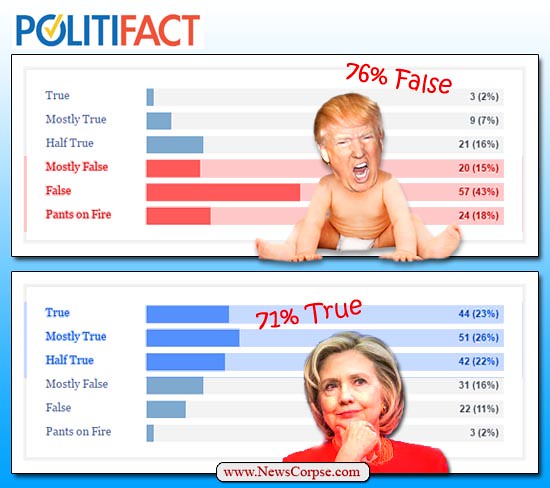Well I've got you beat and I don't even work anymore. But you're still doomed to a lifetime of cluelessness and stupidity.
If you are richer than I am, please stop telling people who are poorer than I am that your way works for them/us. You are wrong. Out of touch. Sure it works for you but you're in the top what percent?
I'm in the top 5-10%. Even I know you are are full of shit. You and Trump only what what works best for you. Thanks for admitting you are not one of them/us.
I say us even though I'm not really one of them either. I just don't try to lie to them and tell them that what works best for rich guys like us is what will also work for them. We know historically that's a lie.
I don't think even you could make sense of your bullshit for you. You talk like a raving lunatic. Who let you out of your cage?
How about this
Now a radical idea to guarantee U.S. workers a cut of their company’s profits could one day force employers to cough up more of the wealth.
While established profit-sharing and equity-ownership programs already give a financial boost to many American workers, and enjoy bipartisan support in Washington, some advocates for workers’ rights believe more must be done. They want lawmakers to order U.S. companies to pay workers a cash dividend tied to profits, just like any shareholder receives.
Call it profit sharing 2.0. Its supporters envision a day when large privately owned and publicly traded U.S. companies would be required by law to transfer newly issued shares into a collective fund for their workers. Employees wouldn’t individually own the shares, which would wield voting power and be held in a worker-controlled trust, but would receive regular dividends. The fund would be optional for small companies.
“Granting employees an equity ‘stake and a say’ in the companies that they work for means that when corporate executives decide on the level of dividends to be paid to shareholders, the workers who created the profits will not be left in the dust,”
The U.K.’s minority Labour Party
soon took up the charge. In September 2018 it endorsed a policy requiring U.K. firms with more than 250 employees to transfer 1% of company stock into an inclusive ownership fund for workers every year for 10 years, giving the fund 10% control of the company after a decade. Dividends from company profits would be capped at 500 British pounds annually (currently just over $600), with the British government collecting any surplus to help pay for social services. If an employee leaves a company, he or she forfeits their interest in the fund.
Inclusive ownership funds presumably would be enacted under a Labour-led government. It’s
stirred heated debate in Britain, and surely would seem to be a polarizing topic for Americans. Last May, for example, 2020 Democratic presidential candidate Sen. Bernie Sanders
grabbed headlines when he told The Washington Post that an employee-controlled fund similar to the U.K. model should be mandated for U.S. companies, along with giving workers seats on corporate boards. But even many progressive policy experts concede that forcing companies to establish inclusive ownership funds won’t fly with most U.S. politicians or business leaders.
Popular with American workers
Maybe so, but it’s understandably popular with U.S. workers: 55% of Americans
support inclusive ownership funds, while just 20% are opposed, according to a March 2019 poll by Democracy Collaborative, a Washington, D.C.-based progressive research group, and YouGov, a U.K.-based market-research firm.

